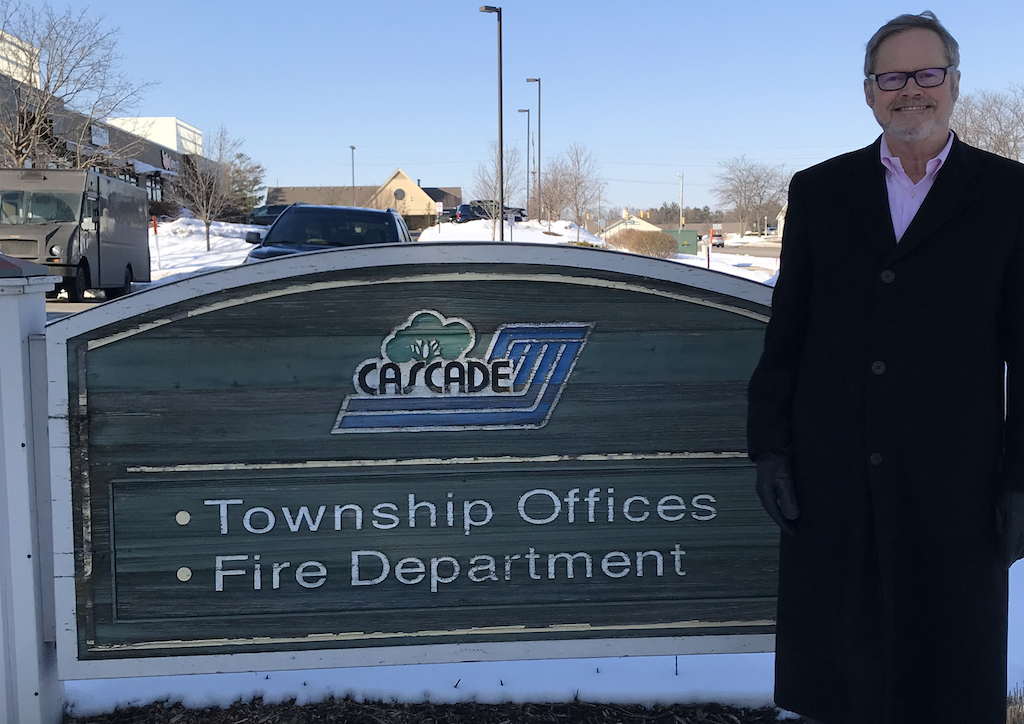
Michigan’s Cascade Township Board approved Property Assessed Clean Energy (PACE) at their February 27, 2019 meeting.
PACE is a financing option and a vital tool for building owners in need of upgrades to the energy-consuming components of their properties. In Michigan, commercial, industrial, multi-family and non-profit buildings can qualify for PACE funding.
PACE loans are repaid by a voluntary special assessment on the owner’s property taxes. This financing option provides a number of benefits compared to most traditional ones:
- 100% financing requiring no up-front cash by the owner
- Long terms – 20 years or more – at fixed interest rates
- Non-recourse – the property secures the loan not the owner
- “Runs with the land” – if the building is sold prior to paying off the loan, the purchaser assumes responsibility for the special assessment.
- May be considered “off-balance-sheet” – since the loan is paid off with a tax, it can be considered “off-balance-sheet” preserving the owner’s borrowing capacity for other projects
Supporting energy efficiency in the local stock of buildings is a powerful economic development tool requiring zero taxpayer fundings. In addition to the PACE project developer, energy efficiency upgrades frequently involve architects, engineers and skilled trades contractors.
In Michigan, for energy efficiency projects costing at least $250,000, the project must be cash flow positiver over the term of the loan. That is, the resultant savings from the upgrades must be greater than the entire cost of the project. This is guraranteed by the PACE project developer.
Dan Wiersma, Principal, Oxford Partners, spoke in support of the program noting PACE’s unique, owner-friendly benefits compared to traditional funding options. Oxford Partners owns a Cascade Township building where the plan is to upgrade the entire HVAC and lighting systems.
Todd Williams, Senior Counsel for Lean & Green Michigan, the PACE administrator, also spoke. In addition to elaborating on many of the program’s details, he answered a number of question posed by board trustees prior to approving the program.
Leave a Reply